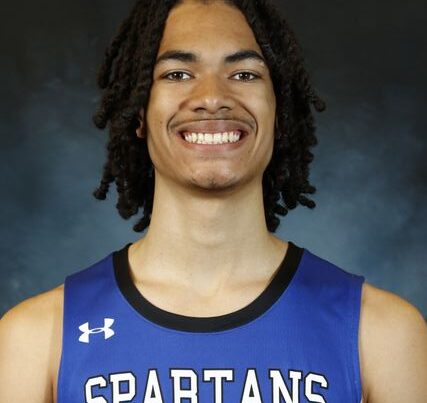
Our generation’s athletes have a hard time talking about their emotional health. Our emotional well-being is equally as crucial as our bodily well-being. Everyone at the University of Dubuque is eager to listen and assist you with whatever other events are occurring in your life, so I’ve learned to communicate with my teammates, instructors, and coaches during the course of my time there. Fans and fellow athletes look up to athletes as role models. Athletes often conceal their true emotions or struggles in order to maintain a public image of being strong, positive role models. The stigma of being judged is the most apparent barrier to athletes getting the mental wellness care they need. While a growing number of athletes and coaches are beginning to understand the significance of mental health in sports, this has not always been the case within the athletic community. We are most able to perform when we are in good mental health. However, everything in life, including our performance in sports, might be harder when our mental health isn’t at its best.



